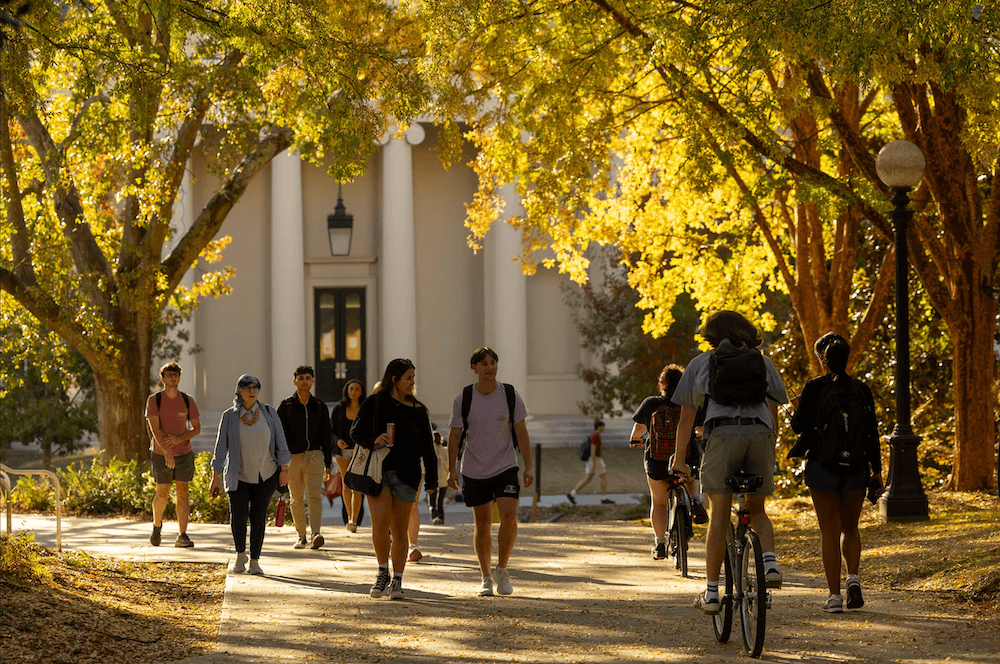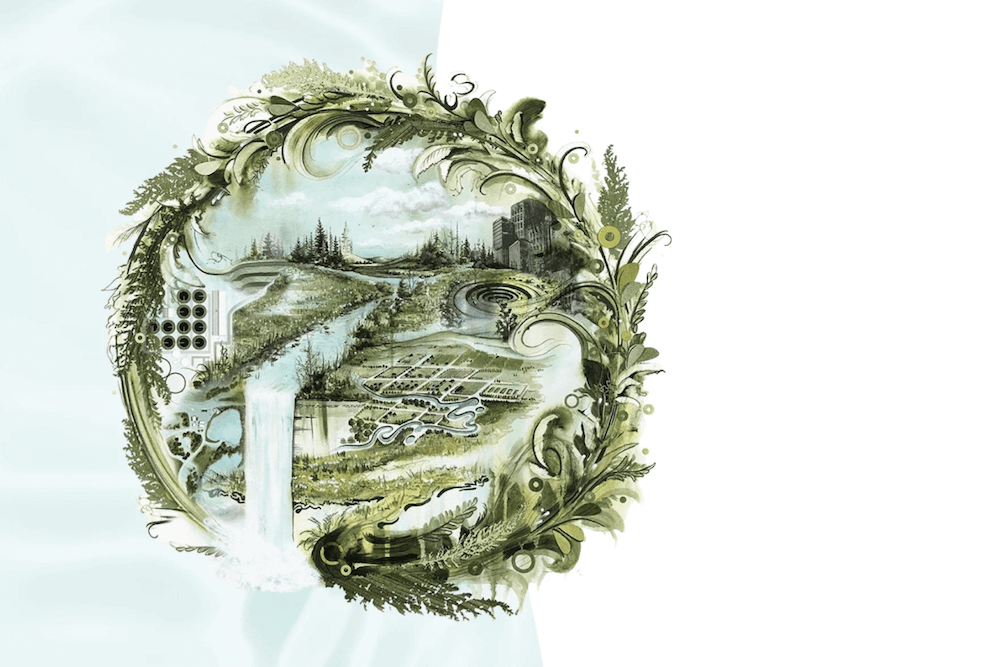A decline in certain natural habitats has severely decreased the
wild population of one of Georgia’s primary game birds: the
bobwhite quail.
Though a state initiative has been funded to save and restore
quail habitats, there is still a need to meet the demand for
hunting. That’s where someone like J. Todd Tucker steps in.
Tucker owns and operates Southern Star Quail Farm in Moultrie,
Ga. The quail he raises and sells will be used on the estimated
175 quail hunting preserves in Georgia.
“I’ve been in livestock all my life. I started raising cattle
with my family,” said 29-year-old Tucker. “But we didn’t have
enough land to do it with cattle.”
So Tucker downsized, so to speak. With six acres of land, Tucker
takes care of about 10,000 laying hens and sells about 750,000
day-old chicks annually.
“I stayed with it and made a living,” he said. “It just so
happens I’m doing it raising quail.”
With four consecutive years of drought and unstable prices, quail
production could be an excellent alternative enterprise for
Georgia farmers, said Bill Dozier, an Extension Service poultry
scientist with the University of Georgia College of Agricultural
and Environmental Sciences.
On the Decline
Since the early 1960s, the wild quail population has fallen 70
percent in Georgia, Dozier said. In 1960, 4 million wild quail
were harvested. That figure dropped by 1996 to only 630,000.
The decline has been blamed, in part, on changes in the way farm
land is managed in Georgia. Many farmers are working larger
fields. To get those larger fields, farmers often clear out the
brush, weeds and trees between small fields.
But quail need insects and heavy brush like the area between
fields, Dozier said, to nest and thrive.
Recreational Demand
Georgia hunting preserves buy about 5 million quail annually,
Dozier said. There is also a market for quail in Alabama and
South Carolina.
“In the past several years, it seems like our hunting and
recreation demand keeps increasing,” he said. “There could be
increased demand in the future.”
Quail Business
Tucker’s quail operation would be considered large, Dozier
said.
“For someone just starting in the business, I’d recommend buying
about 5,000 quail — no more than 10,000 — to really learn the
business,” he said. “Learn how to grow quail before you really
increase your production up to, say, 40,000 or 50,000.”
Tucker said he respects quail and is thankful to make a career
out of growing them. But he doesn’t get attached to them. He
knows what awaits some of the birds.
Some will fall to hunters. Some will fall to natural predators,
like house cats, he said.
“Cats are very skillful night hunters, and a quail doesn’t have a
very good chance at night against them,” he said. “Anyone that
has a quail operation can tell you how elusive they can be.”
But some of the quail will survive and multiply.
“Those birds will turn wild, hatch new babies and continue to
grow,” he said.
Quail-hunting season begins Oct. 1 and runs through March 31 on
Georgia hunting preserves.



